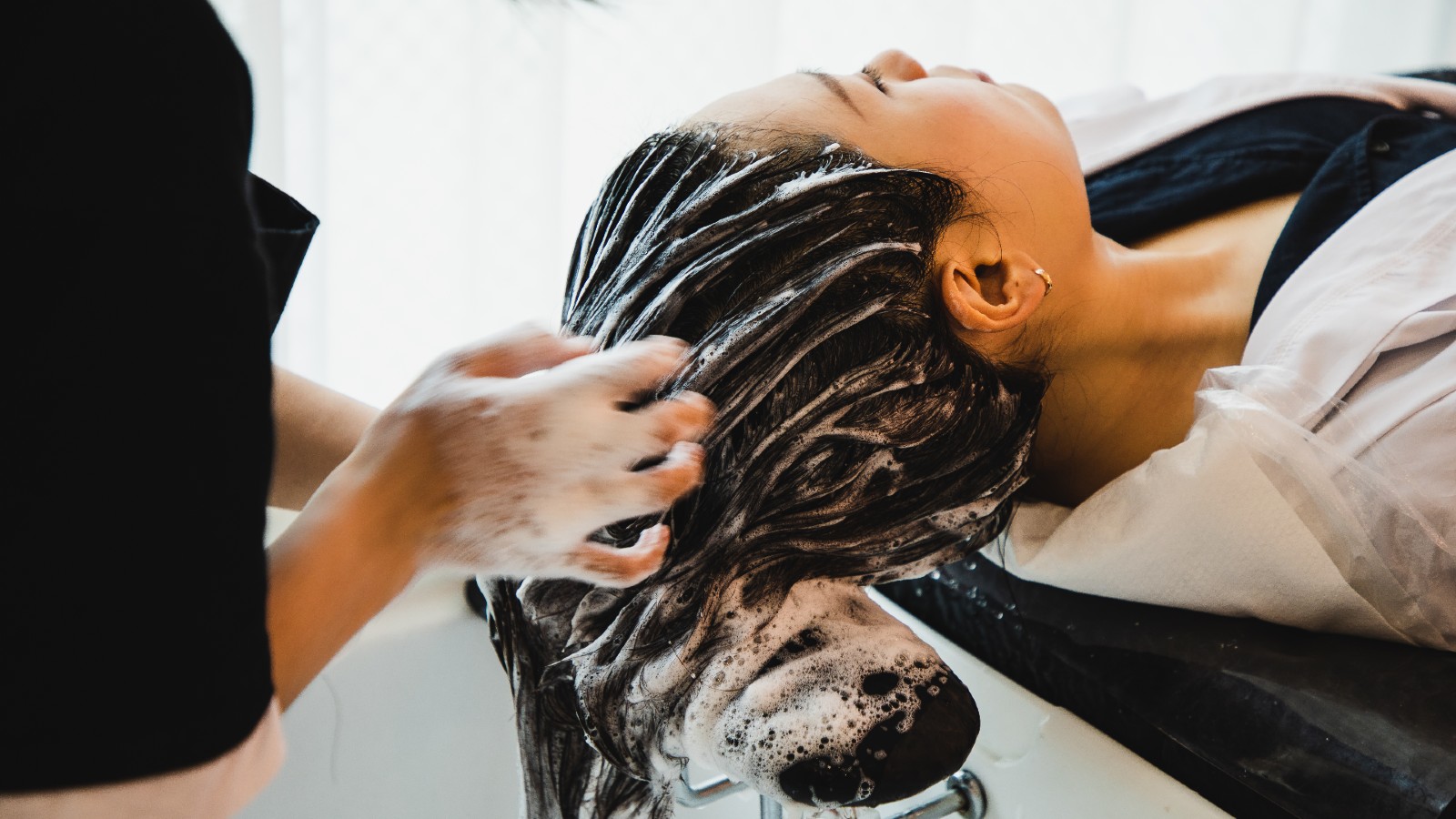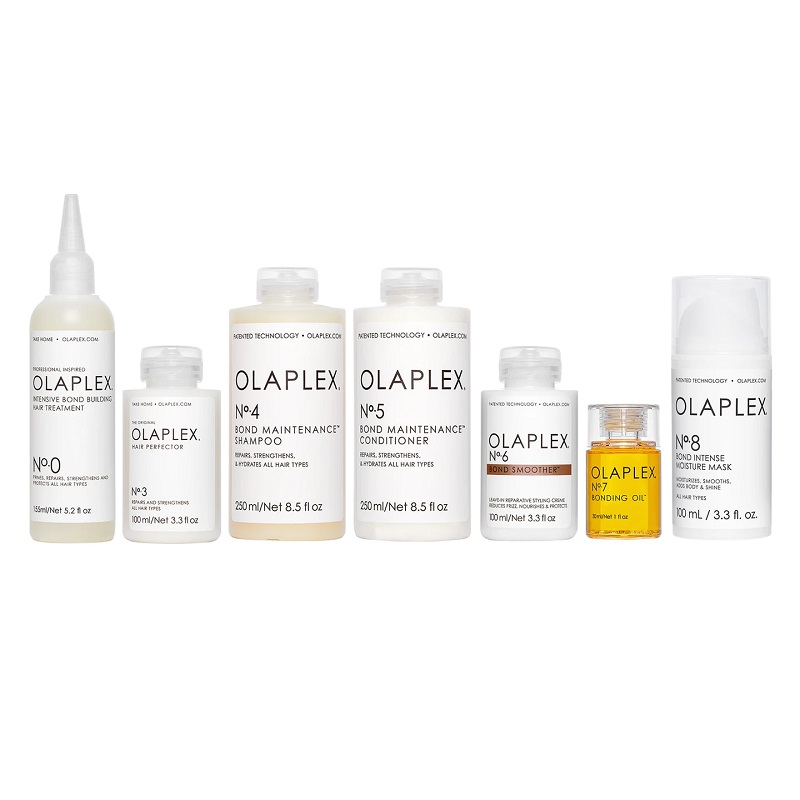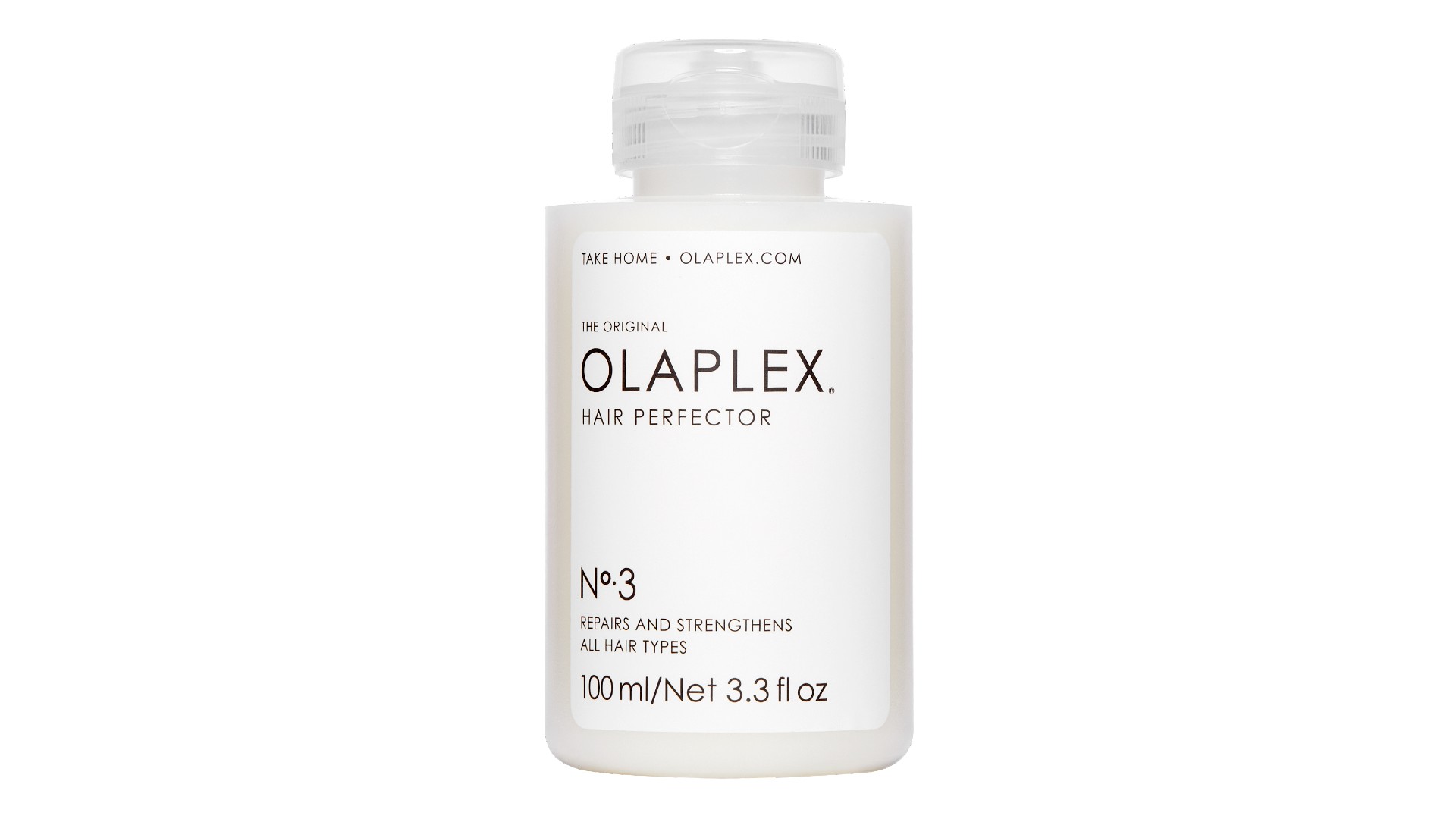Olaplex—what are the infertility links and is it safe?
Olaplex products have been involved in a controversy as some ingredients have been linked to infertility, so is this product safe?


Olaplex is involved in an ingredient controversy as some chemicals found in certain products have been linked to infertility, so what are the facts about this scandal and what do you need to do?
Olaplex No.7 bonding hair oil is one of the most popular hair care products right now, and the launch of the Olaplex No.8 Bond Intense Moisture Mask was met with huge excitement from fans, while K18 vs Olaplex is one of the most hotly-fought battles in the beauty market.
However, despite the success of the brand that seems to have its hand in the best hair trends 2023 has to offer, a recent controversy has concerned shoppers who are worried that their hair care products may be linked to infertility and other pregnancy issues.
It was recently revealed that one of Olaplex's products contains an ingredient that has now been banned by the EU, due to chemicals' association with female reproductive health.

Which Olaplex products have the banned chemical?
The chemical that has now been banned by the EU regulatory authority is Butylphenyl methylpropional, which is commonly referred to as lilial.
The only Olaplex product containing this ingredient is the No.3 Hair Perfector. The brand states that this product has small amounts of lilial in as an additional fragrance, but since January 2022, the lilial has been removed from this item.
Reportedly the chemical has a lily of the valley-like fragrance which has meant that it is a popular chemical to add to shampoos, conditioners, and other beauty products.
Sign up to our free daily email for the latest royal and entertainment news, interesting opinion, expert advice on styling and beauty trends, and no-nonsense guides to the health and wellness questions you want answered.

What has Olaplex said about the fertility links?
Olaplex's Chief Scientist, Lavinia Popescu, took to social media to respond to the reports about the products containing lilial which has been linked to infertility and other issues with pregnancy.
"The way Olaplex diligently used the ingredient as a fragrance, nonfunctional and not active, it should not cause infertility, miscarriages, or disruptions in fetus development," said the brand.
A post shared by OLAPLEX (@olaplex)
A photo posted by on
Is Olaplex No. 3 Hair Perfector safe to use?
Dermatology Specialist, Mehmet Göker, at Vera Clinic explained that there is no reason to be concerned and beauty fans don't need to throw away their Olaplex products because of this controversy.
"There is minimal need for any concern if you’ve been using the existing Olaplex formula, this ingredient has been used in cosmetics and household care products for many years and the chances of the ingredient affecting fertility is extremely low," said the expert.
"Olaplex is making the change as a precautionary measure, however, if you have any concerns with any products you should stop using them immediately and speak with a health professional," said the specialist. It's also worth saying that there are alternative treatments on the market that you may wish to try instead, see our K18 review for our beauty editor's top hair repair mask.
Why is the Olaplex ingredient butylphenyl methylpropional linked to infertility?
Butylphenyl methylpropional or lilial has been linked to infertility because the European Commission concluded that in large concentrations it 'cannot be considered safe.'
However, it was also concluded that on an individual product basis it "can be considered safe when used as fragrance ingredient in different cosmetic leave-on and rinse-off type products." However, this would quickly become unsafe if an individual used various products within a day that contained the chemical compound.
The links to infertility are based on the categorization of the chemical as a 'Repr. 1B,' after rigorous testing. This refers to the reproductive toxicant category 1B which means the chemical has adverse effects on sexual function and fertility, or on fetal development.
Laura is the Entertainment Editor for woman&home who primarily covers television, film, and celebrity news. Laura loves drinking and eating and can often be found trying to get reservations at London's trendiest restaurants. When she's not wining and dining, Laura can also be found travelling, baking, and hiking with her dog.
